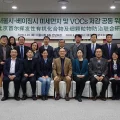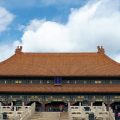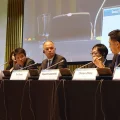East Asian cities gathered at EACAC Training Workshop
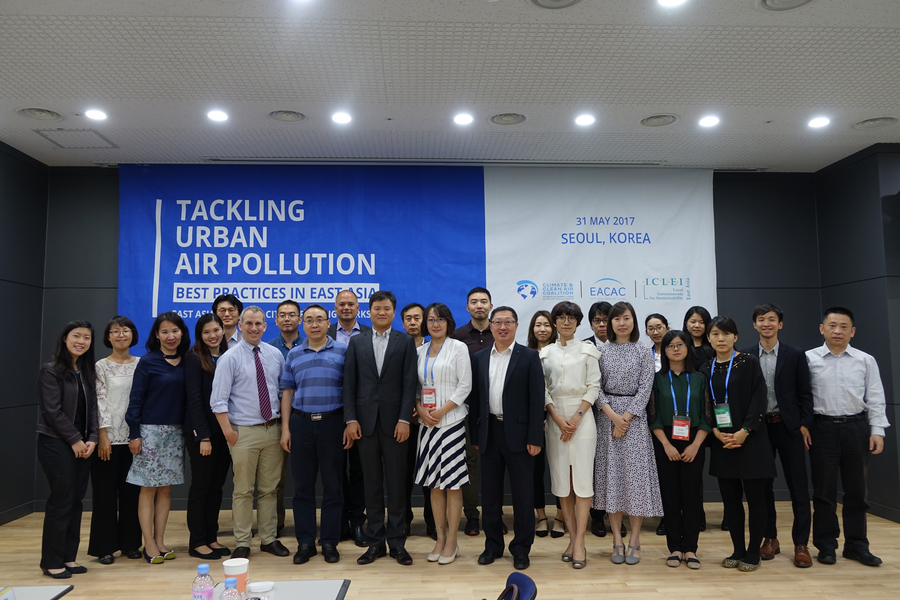
Under the framework of the East Asia Clean Air Cities (EACAC) Program, ICLEI East Asia hosted the training workshop “Tackling urban air pollution: Best practices in East Asia” on 31 May in Seoul.
Prior to the 7th Northeast Asia Forum on Air Quality Improvement, ICLEI East Asia organized training with the support of the Climate and Clean Air Coalition (CCAC), closely looking at air improvement policies. City experiences were presented by Beijing and Seoul, followed by hour-long focused presentations by experts on best practices from waste and transport sectors affecting air quality. These included an expert from the Korea Transport Institute (KOTI), and from two organizations also involved in the CCAC–the Institute for Global Environmental Strategies (IGES) and Clean Air Asia (CAA).
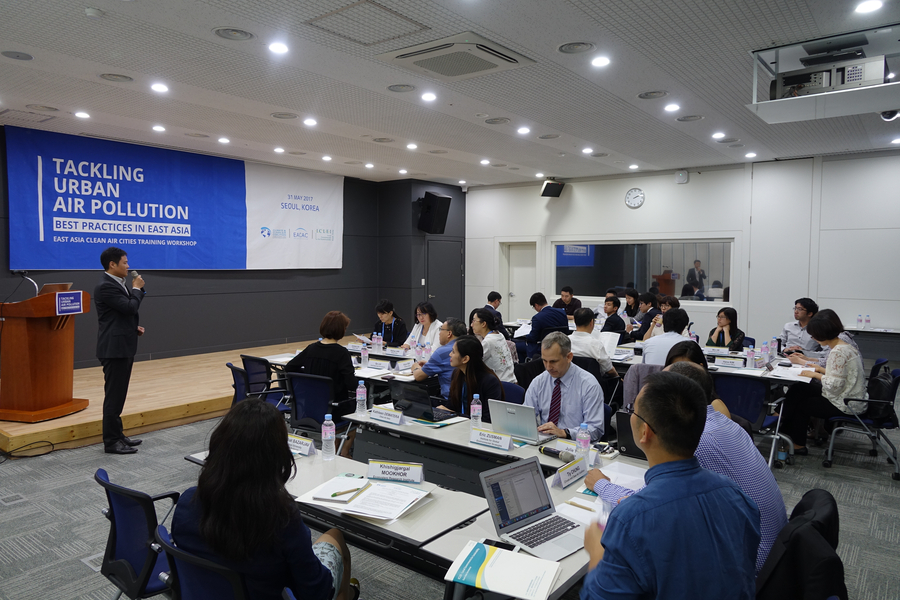
Shu Zhu, Director of ICLEI East Asia, welcomed the workshop participants
Representatives from 8 East Asian local governments – Beijing, Chongqing, Hunan, Jinan, Sichuan (China), Kitakyushu (Japan), Seoul (Korea), and Ulaanbaatar (Mongolia) – and 9 regional and international partners participated in the workshop.
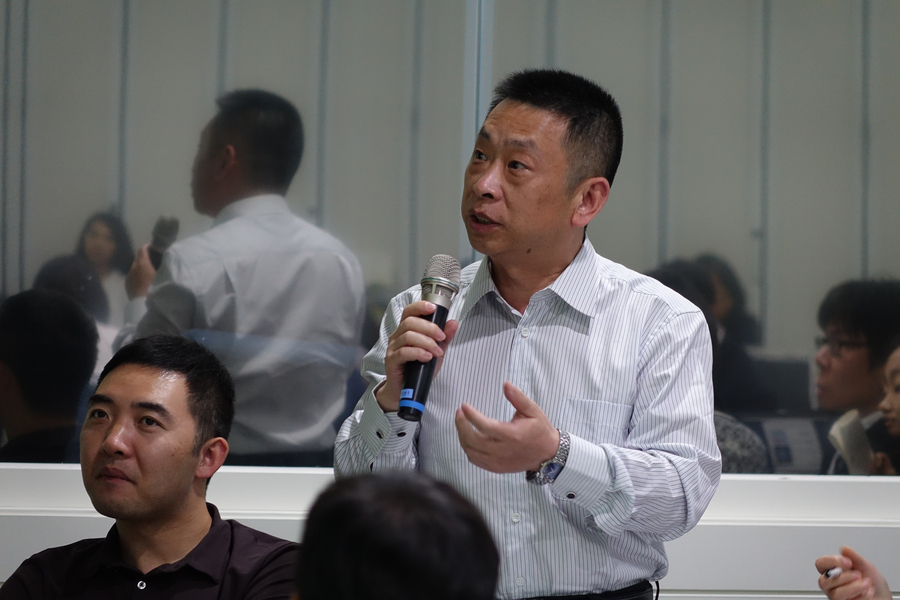
A representative from Hunan Province participated in discussions
Aijun Shi, Municipal Research Institute of Environmental Protection, focused on emissions from the Restauration sector, their breakdowns by cuisine, and the city’s efforts in reducing these. Eun Mi Jeon, Seoul Metropolitan Research Institute of Public Health and Environment (SIHE), shared a holistic overview of Seoul city’s air quality and improvement policies on fine particulate pollution in Seoul. New policies will be adopted in the transportation sector and the city hopes to have further cooperation with surrounding East Asian cities on air pollution monitoring and control systems.
Eric Zusman from IGES presented the impact of waste management, not limited to air quality but also on improvements in living quality and on climate change mitigation through the waste sector’s methane emissions. Introducing “Avoid, Shift, and Improve” strategies, he also shared case studies from Surabaya and Kawasaki. Young Kook Kim from KOTI analyzed the spatiotemporal variation of air pollutants and shared results from air pollution modeling on transportation and land use. He provided recommendations to combine slow community mobility with speedy urban transit and regional transport between cities. Kathleen Dematera from CAA provided transport planning solutions for urban development patterns by emphasizing measures of “Avoid, Shift, and Improvement”.
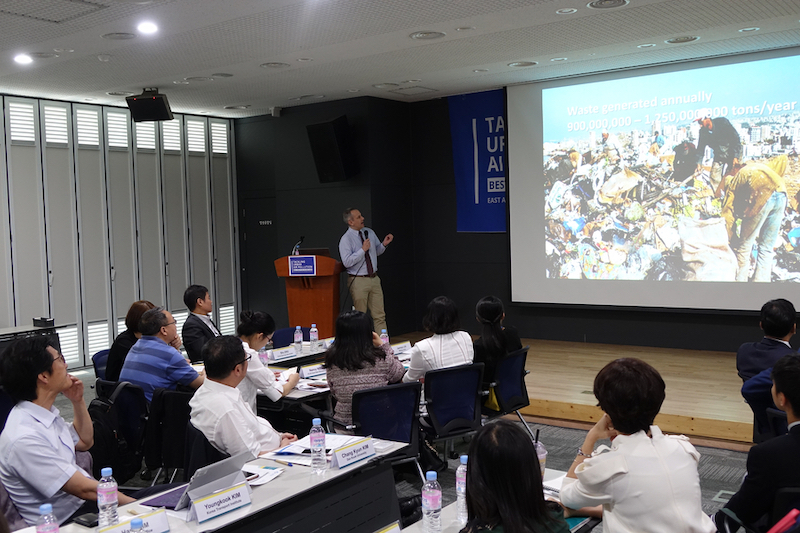
Eric Zusman of IGES
Moderated by Shu Zhu, Regional Director of ICLEI EAS, the final section of the workshop was wrapped up by Merlin Lao of ICLEI EAS through a discussion led by questions compiled from city representatives. This included further clarifications of air pollutants in urban waste and transport sectors, and advocating for more cooperation between cities to jointly improve the air quality in East Asia.


